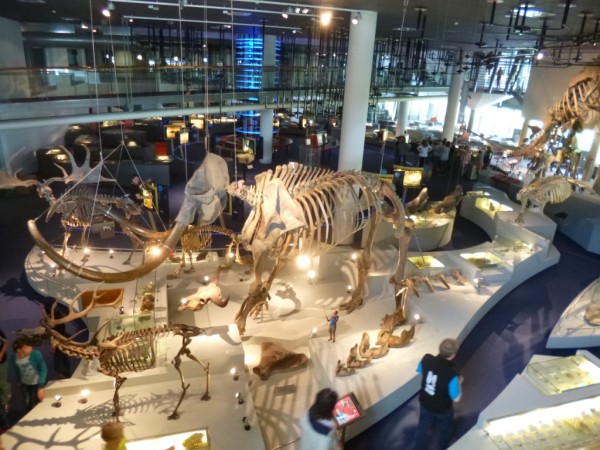In visitor experience workshops I have frequently pointed out the need to question our cultural assumptions – if we’ve grown up always visiting museums and heritage sites, it can be hard to know how our institutions come across from the point of view of someone for whom visiting is an alien concept. But let’s take a step further back for a moment – what assumptions and unspoken rules are embedded throughout our “Western” culture?
Recently I participated in a doctoral research project by Dr Lorraine Muller called “Shifting the Lens: Indigenous Research into Mainstream Australian Culture”. The whole idea of the project is to study mainstream Australian culture from an Indigenous perspective, and to examine those assumptions of the culture that seem alien from an Indigenous perspective. I volunteered as someone who could speak from their experience of being a ‘mainstream Australian’, and who was willing to share my understanding of the basis of some of these assumptions.
It was tricky at times, especially trying to explain why things such as Spirituality and connection to Country – central tenets of the Indigenous world view – have such low priority in mainstream culture. Almost by definition, they are concepts I’ve given very little thought. Others were a little easier to conceptualise, such as why we see Individualism as such a positive attribute (I suspect it has roots in Protestant theology, which, as I understand it, prioritises the individual relationship with God through scripture rather than liturgy).
Since I participated in this research project, I’ve been giving “Indigenous-mainstream” relations a fair bit of thought. As there are stages of colonisation, so there are stages of de-colonisation. So where do I fit in to this decolonisation process? I consider myself relatively ignorant of Indigenous culture and world-view. But how do I learn more? I have fears of asking inappropriate questions, saying the wrong thing, or inadvertently causing offence. And I suspect I’m far from the only one. But we need to collectively work past this barrier if we are to work closer towards reconciliation. For this reason I’ve found being involved in Lorraine’s research personally enriching.
I didn’t realise the extent to which the unspoken rules, hidden assumptions and different world views were such a barrier to Indigenous people ‘getting on’ in mainstream Australia, and I wonder if this is the root cause of so many well-meaning initiatives that have failed to improve the life circumstances of so many Indigenous Australians. On one level this is disheartening, because such fundamental mutual incomprehension makes the barriers to reconciliation seem so insurmountable. But on the other hand, knowing the barriers are there might make it that bit easier to address them.
I would encourage other people who self identify as non-Indigenous ‘mainstream’. Australians to consider participating in Lorraine’s research. This is actually her second PhD – in her first she documented the theory that informs Indigenous Australians in the helping professions, Indigenous Australian Social-Health Theory. This second PhD has arisen from the first, where participants identified that there are some aspects of mainstream culture that they would like to know about. A PhD presents a respectful way to ask these questions. If you’re interested, I’d encourage you to contact her via
Dr Lorraine Muller
BSocSc-BSW Hons, PhD
PhD (2nd) Candidate
School Medicine and Dentistry
James Cook University
lorraine.muller@gmail.com
She is particularly interested in speaking to people in the medical / health professions, as well as young adults.
